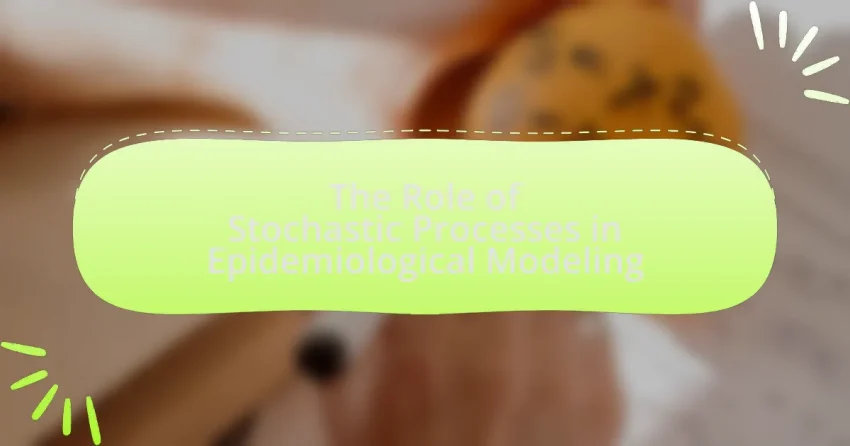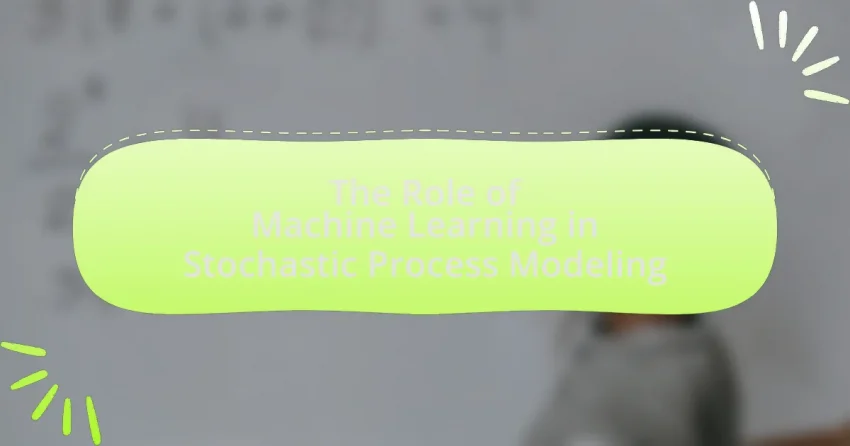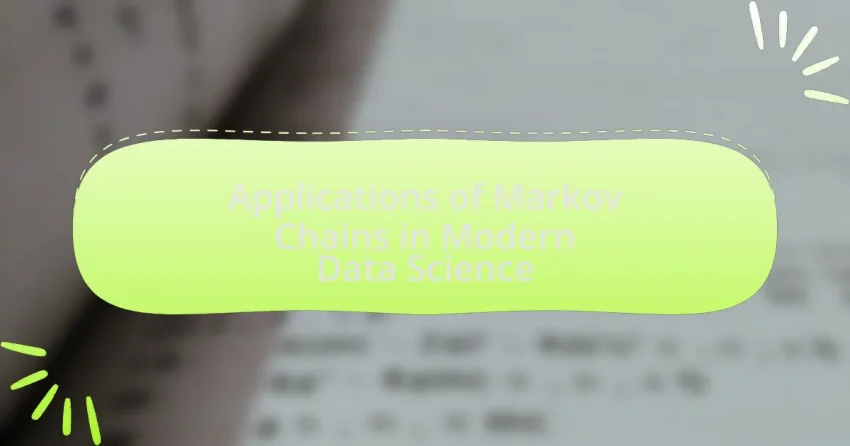Stochastic processes are mathematical models that incorporate randomness and uncertainty, playing a crucial role in epidemiological modeling by accurately simulating disease transmission dynamics. This article explores the differences between stochastic and deterministic models, highlighting the advantages of stochastic approaches in predicting disease outbreaks, particularly in small populations or during early epidemic stages. Key characteristics of…
Advanced Topics and Research Trends
Welcome to the ‘Advanced Topics and Research Trends’ category, where cutting-edge ideas and innovative studies come to life. Here, you will explore a range of subjects that delve into the latest advancements in various fields. From artificial intelligence to sustainable practices, each article introduces current research and emerging trends. These topics are not just academic; they hold real-world implications that can inspire new solutions and approaches.
As you navigate through this collection, expect to find insightful analyses and thought-provoking discussions. Articles are crafted to be informative yet engaging, making complex concepts accessible. You’ll learn about new methodologies, breakthroughs, and the future direction of research. Whether you’re a seasoned professional or just starting out, this category promises to broaden your understanding and keep you informed about the forefront of knowledge in your area of interest.
Stochastic Differential Equations: Current Research Directions
Stochastic Differential Equations (SDEs) are mathematical models that describe systems affected by random noise and uncertainty, integrating deterministic and stochastic processes. This article explores the fundamental aspects of SDEs, including their differences from ordinary differential equations, the role of randomness, and their key components. It highlights the significance of SDEs in current research across various…
Integrating Simulation Techniques in Stochastic Process Education
Simulation techniques in stochastic process education are essential methods for modeling and analyzing systems characterized by randomness and uncertainty. This article explores various simulation methods, including Monte Carlo simulations, discrete-event simulations, and agent-based modeling, highlighting their effectiveness in enhancing student understanding of complex stochastic concepts. It discusses the advantages of experiential learning through simulations compared…
The Role of Machine Learning in Stochastic Process Modeling
Machine learning significantly enhances stochastic process modeling by improving the analysis and prediction of complex systems characterized by randomness. This article explores the integration of machine learning techniques, such as neural networks and decision trees, with stochastic modeling, highlighting their ability to identify patterns and relationships within large datasets. Key concepts of stochastic processes, including…
Applications of Markov Chains in Modern Data Science
Markov Chains are mathematical systems that model transitions between states based on probabilities, with significant applications in data science. This article explores their role in various fields, including natural language processing, recommendation systems, and predictive modeling. Key components such as states, transition probabilities, and the Markov property are discussed, along with different types of Markov…




